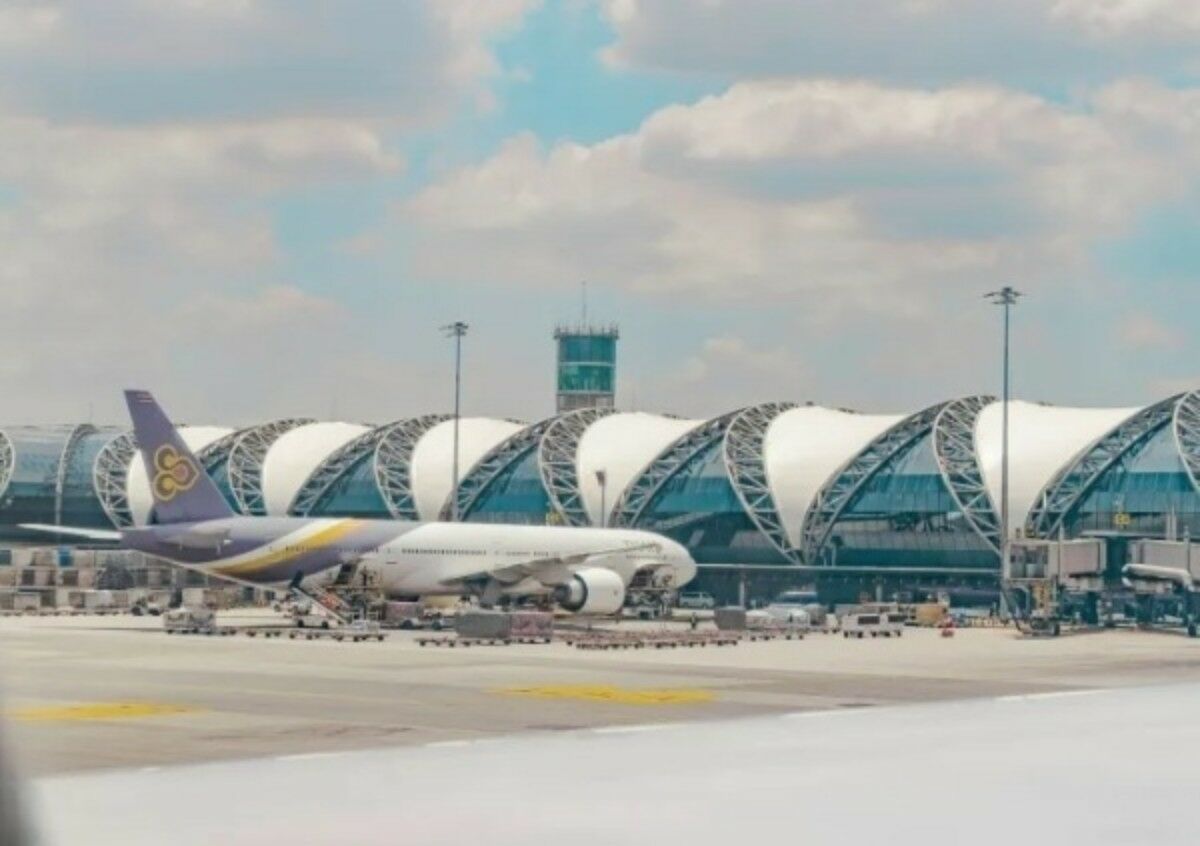High ambitions: Suvarnabhumi aims to triple transit traffic by 2030

Suvarnabhumi Airport, Thailand’s busiest international gateway, is gearing up for a major transformation to become Southeast Asia’s ultimate transit hub.
Airports of Thailand (AOT) plans to raise the airport’s transit flights from a mere 4% to a soaring 20% as part of an ambitious master plan to rank among the world’s top 20 airports by 2030. This bold goal is set to reshape Thailand’s role in regional aviation, said AOT President Keerati Kitmanawat.
“We need to increase the number of transit flights at Suvarnabhumi to at least 20% to highlight the airport’s strength as a regional hub.
“Currently, transit flights at Suvarnabhumi make up just 4%, whereas Singapore’s Changi Airport sees a whopping 40% of its flights as transit.”
To achieve these targets, AOT is in discussions with major airlines, including Thai Airways International and Star Alliance members, to secure more transit traffic at Suvarnabhumi. AOT is also investing heavily in infrastructure, recently opening a third runway that has boosted hourly capacity from 68 to 94 flights.
Another major upgrade on the horizon is the proposed 9-billion-baht expansion of the East Terminal, which is expected to gain Cabinet approval by December. Slated for completion in 2027, this expansion will add capacity for 15 million passengers annually.

In a modernisation push, AOT is rolling out a cutting-edge biometric identification system at six Thai airports, enhancing both security and passenger convenience. The system, which uses facial recognition, has already been implemented for domestic passengers and will go live for international travellers on December 1.
AOT’s portfolio of six airports, which includes Don Mueang, Chiang Mai, and Phuket, accounts for 95% of Thailand’s air traffic, positioning the nation as a key player in regional and international aviation, reported The Nation.

In related news, AOT has seen a significant profit surge, prompting the board to approve an eight-month bonus for employees, an increase from last year. This decision comes as a result of the government’s free visa policy, which has significantly boosted tourism.
Latest Thailand News
Follow The Thaiger on Google News:


























